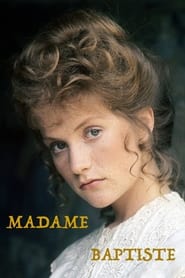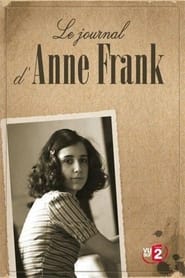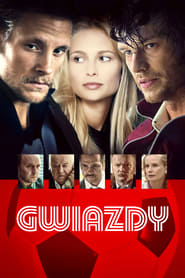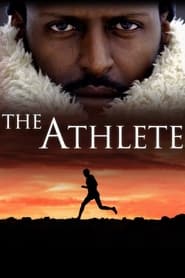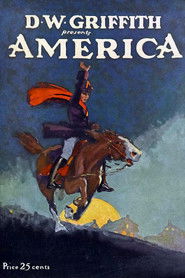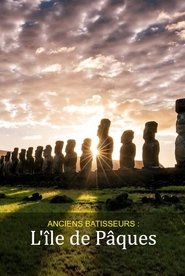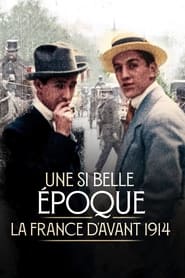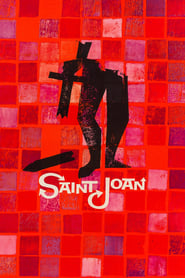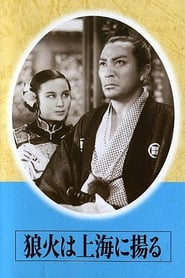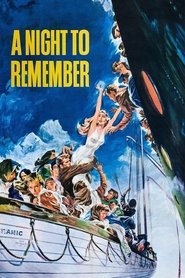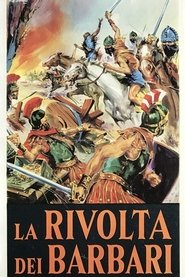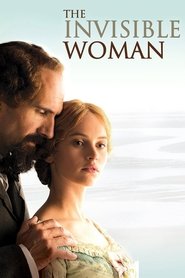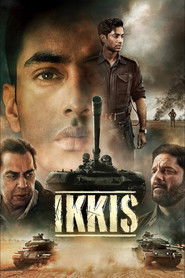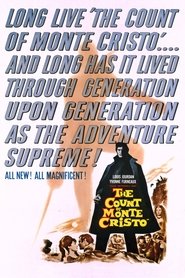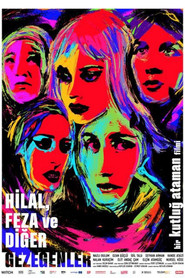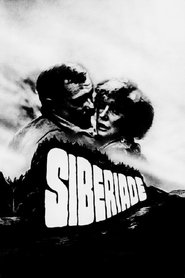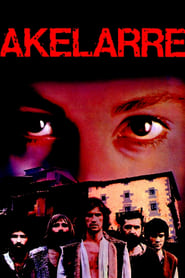Popular History Movies on Pantaflix - Page 154
-
Madame Baptiste
1974
Madame Baptiste
1974
star 5.5Blanche was raped in her adolescence by a servant, a cowherd named Baptiste. Her family, anxious to hide the shame that this scandal has cast on their reputation, locks the young girl in their manor, thinking that four walls are enough to silence the mockery. One day, Blanche, whom the whole country nicknames "Madame Baptiste", tries to commit suicide, consumed by the painful memory she carries within her. A man saves her and, charmed by the woman who now owes him her life, he asks her to marry him, thus defying the moral barriers set by public opinion. Life now seems happy for Blanche, but one day, at the agricultural show, the insult comes again: "Madame Baptiste!"... -
The Diary of Anne Frank
2009
star 6During World War II, a teenage Jewish girl named Anne Frank and her family are forced into hiding in the Nazi-occupied Netherlands. -
Stars
2017
Stars
2017
star 5.2A story of passion, rivalry, love, and friendship. Jan Banas, acclaimed Silesian football player of the 1960s and 1970s, struggles to makes his dreams come true on and off the field. Stars is the story of a great love between young people torn by passion and ambition. -
The Athlete
2009
The Athlete
2009
star 5.9Running the streets of Rome in 1960, an unknown, barefooted Ethiopian man stunned the world by winning Olympic gold in the marathon. Overnight, Abebe Bikila became a sports legend. A hero in his own country and to the continent, Bikila was the first African to win a gold medal, and four years later in Tokyo would become the first person in history to win consecutive Olympic gold medals in the marathon. -
America
1924
-
Paris 1900
2019
Paris 1900
2019
star 7.4In 1900, the eyes of the whole world are on Paris. The World's Fair welcomed 50 million amazed visitors, and the city celebrated itself in a glamorous era. This period went down in history as the "Belle Époque." Elaborately restored and colorized historical photographs bring to life the exciting life in Paris between the end of the 19th century and the beginning of World War I in 1914. Bicycles, cars, airplanes, moving pictures, newly founded film studios, revolutionary composers and painters, avant-garde ballet performances, fashion houses, summer resorts on the Atlantic coast – life was intoxicating. People celebrate in the variety shows, cabarets, and revue theaters of Paris. Moulin Rouge, Folies Bergères, Bal Tabarin—in Paris, the nights are long and life is too short to sleep through. It is a dance on the volcano, given the political developments in the world. -
Saint Joan
1957
Saint Joan
1957
star 6.4In 1456, French King Charles VII recalls the story of how he met the 17-year-old peasant girl Joan of Arc, entrusted her with the command of the French Army, and ultimately burned her at the stake as a heretic. -
Utamaro, Painter of the Woman
1959
Kitagawa Utamaro is a famous ukiyo-e artist known for his paintings of beautiful women. The courtesan who became his model became even more popular. Ocho, a resident of an apartment building, hears about this and secretly plans to follow Otose, the owner of Mizuta-ya, who became famous as Utamaro's model. At this time, the Kano school, headed by Kano Eikawa, which was under the control of the shogunate, is dissatisfied with Utamaro's fame and tries to compromise him… -
Greyhound Attack
2019
Greyhound Attack
2019
star 4.9WWII drama from film-maker Christopher Forbes which follows American fighter pilots on a perilous mission into the skies of enemy territory. -
Signal Fires of Shanghai
1944
star 8.8During the Taiping Rebellion of the mid-19th century, anti-Qing (Manchu) Chinese forces led by Taiping commander Li Xiucheng march on Shanghai. Although the Western powers are officially neutral, the British consul in Shanghai sides with the Qing imperial government, and counter to his own government's policy he retains American adventurer Frederick Townsend Ward to raise a mercenary force of foreigners in Shanghai and oppose the Taipings. Ward's force is routed, with heavy casualties, but since many of the casualties are British, the British army soon is drawn in on the side of the Qings. The only support for the Chinese comes from Japanese in Shanghai and anti-imperialist demonstrations in Japan. A family drama plays out against this historical background. After a Chinese home is destroyed by careless British shelling, killing the father and crippling a daughter, the surviving son vows revenge but begins to see that his true friends may be the Japanese. -
A Night to Remember
1958
A Night to Remember
1958
star 7.7The sinking of the Titanic is presented in a highly realistic fashion in this tense British drama. The disaster is portrayed largely from the perspective of the ocean liner's second officer, Charles Lightoller. Despite numerous warnings about ice, the ship sails on, with Capt. Edward John Smith keeping it going at a steady clip. When the doomed vessel finally hits an iceberg, the crew and passengers discover that they lack enough lifeboats, and tragedy follows. -
The Revolt of the Barbarians
1964
star 3.8A roman consul is sent to Gaul to investigate the theft of gold shipments. He discovers that the gold is being stolen by a tribe of barbarians — whose leader is the governor of Gaul. -
The Invisible Woman
2013
The Invisible Woman
2013
star 5.9In 1857, at the height of his fame and fortune, novelist and social critic Charles Dickens meets and falls in love with teenage stage actress Nelly Ternan. As she becomes the focus of his heart and mind, as well as his muse, painful secrecy is the price both must pay. -
Ikkis
2025
Ikkis
2025
Set against the backdrop of the 1971 war, follows the life of second Lieutenant Arun Khetrapal. -
The Count of Monte Cristo
1961
star 7.1Edmund Dantes is falsely accused by those jealous of his good fortune, and is sentenced to spend the rest of his life in the notorious island prison, Chateau d'If. While imprisoned, he meets the Abbe Faria, a fellow prisoner whom everyone believes to be mad. The Abbe tells Edmund of a fantastic treasure hidden away on a tiny island, that only he knows the location of. After many years in prison, the old Abbe dies, and Edmund escapes disguised as the dead body. Now free, Edmund must find the treasure the Abbe told him of, so he can use the new-found wealth to exact revenge on those who have wronged him. -
La Xirgu
2015
La Xirgu
2015
1927. Spain under the Primo de Rivera Dictatorship. The great actress, Margarita Xirgu and her company are about to perform "Maria Pineda" by a young Federico Garcia Lorca. The Dictatorship cannot tolerate it, but the actress, Margarita Xirgu, in the name of freedom will stand her ground. -
Hilal, Feza and Other Planets
2022
star 5.5After Turkey’s february 1997 military intervention, Hilal and Fatma left their town to study at university in Istanbul. Feza lives downstairs in their lodgings, has fled as village where was cruelly bullied for being a transgender woman. Hilal chooses to help Feza and Fatma. -
Siberiade
1979
Siberiade
1979
star 7The story about a very small god-forgotten village in Siberia reflects the history of Russia from the beginning of the century till the early 1980s. Three generations try to find the land of happiness and to give it to the people. One builds the road through taiga to the star over horizon, the second 'build communism' and the third searches for oil. -
Akelarre
1984
Akelarre
1984
star 5.4A small village in Navarre, Spain, XVII century. Garazi's grandmother is burned at the stake when accussed of being a witch and convicted by an inquisitor, something that brings Garazi under suspicion and eventually into prison, where she is atrociously tortured and humiliated.
 Netflix
Netflix
 Amazon Prime Video
Amazon Prime Video
 Apple iTunes
Apple iTunes
 Apple TV Plus
Apple TV Plus
 Disney Plus
Disney Plus
 Google Play Movies
Google Play Movies
 Paramount Plus
Paramount Plus
 Hulu
Hulu
 HBO Max
HBO Max
 YouTube
YouTube
 fuboTV
fuboTV
 Peacock
Peacock
 Peacock Premium
Peacock Premium
 Amazon Video
Amazon Video
 The Roku Channel
The Roku Channel
 AMC+
AMC+
 Kocowa
Kocowa
 Hoopla
Hoopla
 The CW
The CW
 Vudu
Vudu
 Starz
Starz
 Showtime
Showtime
 PBS
PBS
 Pantaflix
Pantaflix
 FXNow
FXNow
 Tubi TV
Tubi TV
 Kanopy
Kanopy
 Comedy Central
Comedy Central
 Crunchyroll
Crunchyroll
 Microsoft Store
Microsoft Store
 Redbox
Redbox
 Sun Nxt
Sun Nxt
 ABC
ABC
 DIRECTV
DIRECTV
 Crackle
Crackle
 Fandor
Fandor
 Plex
Plex
